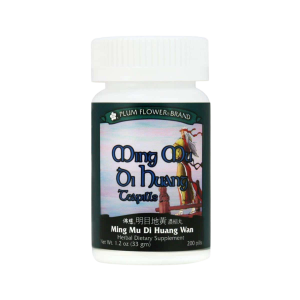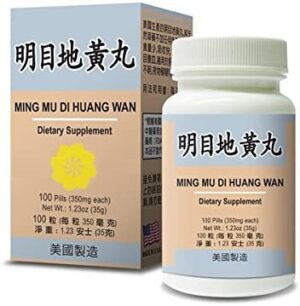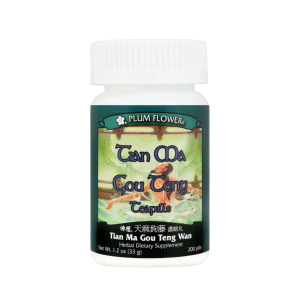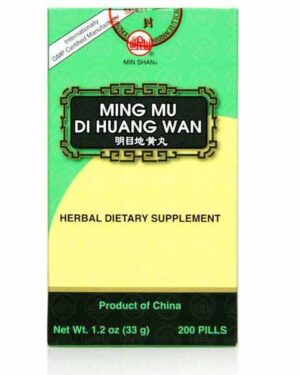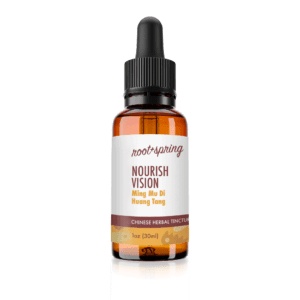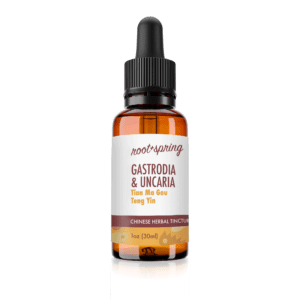Shi Jue Ming
English Name: haliotis, sea-ear shell, abalone shell
Literal Translation: “stone sense brightness”
Pharmaceutical Name: Concha Haliotidis
Medica Category: Liver-Calming and Wind-Extinguishing Herbs
Properties: Shi Jue Ming enters the Liver channel; it is salty in nature and cold in temperature.
What is Shi Jue Ming?:
The Chinese Herb Shi Jue Ming is the crushed shell of one of several species of abalone, a type of mollusk that lives in temperate coastal waters around the world’s oceans. Haliotis diversicolor (Reeve); Haliotis gigantea discus (Reeve); and Haliotis ovina (Gmelin) are the species found in warm, coastal waters of South China; other species of abalone (shell) that are used medicinally are found in other regions of the world.
Shi Jue Ming is first crushed in small pieces and then pre-decocted before other ingredients are added to a formula being made. Also, the pieces of shell may be processed by calcination (before pre-decoction)—this warms the substance a bit and improves its ability to treat Stomach fire (see below).
Traditional Chinese Medicine (TCM) Therapeutic Actions of Shi Jue Ming:
Shi Jue Ming pacifies the Liver and anchors Liver yang rising to address such clinical manifestations as headaches, dizziness, vertigo, red eyes, and hypertension.
Shi Jue Ming clears heat in the Liver channel and thus is a key herb in treating eye disorders linked to Liver yang rising. Clinical presentations of this include: red, swollen, and painful eyes; photophobia, glaucoma, blurred vision, and cataracts (that occur with the standard signs of Liver yang rising).
Shi Jue Ming (calcined form) clears Stomach fire and neutralizes stomach acid to address heartburn, acid reflux, bleeding ulcers, and stomach pain.
–safety/clinical notes:
Shi Jue Ming is cold and sinking in nature and should be used with care and consideration in persons with Spleen and Stomach deficiencies characterized by poor appetite and loose stools.

